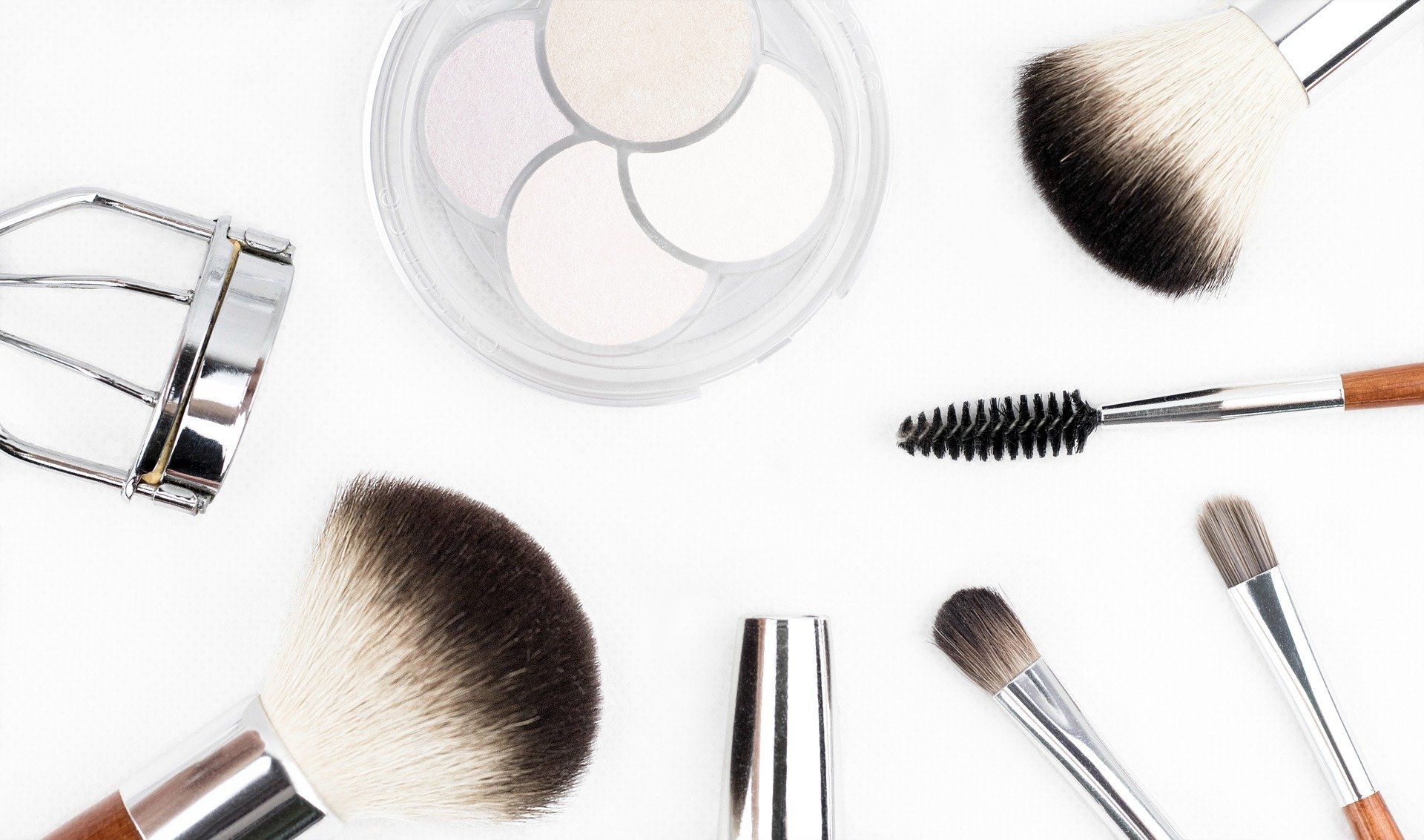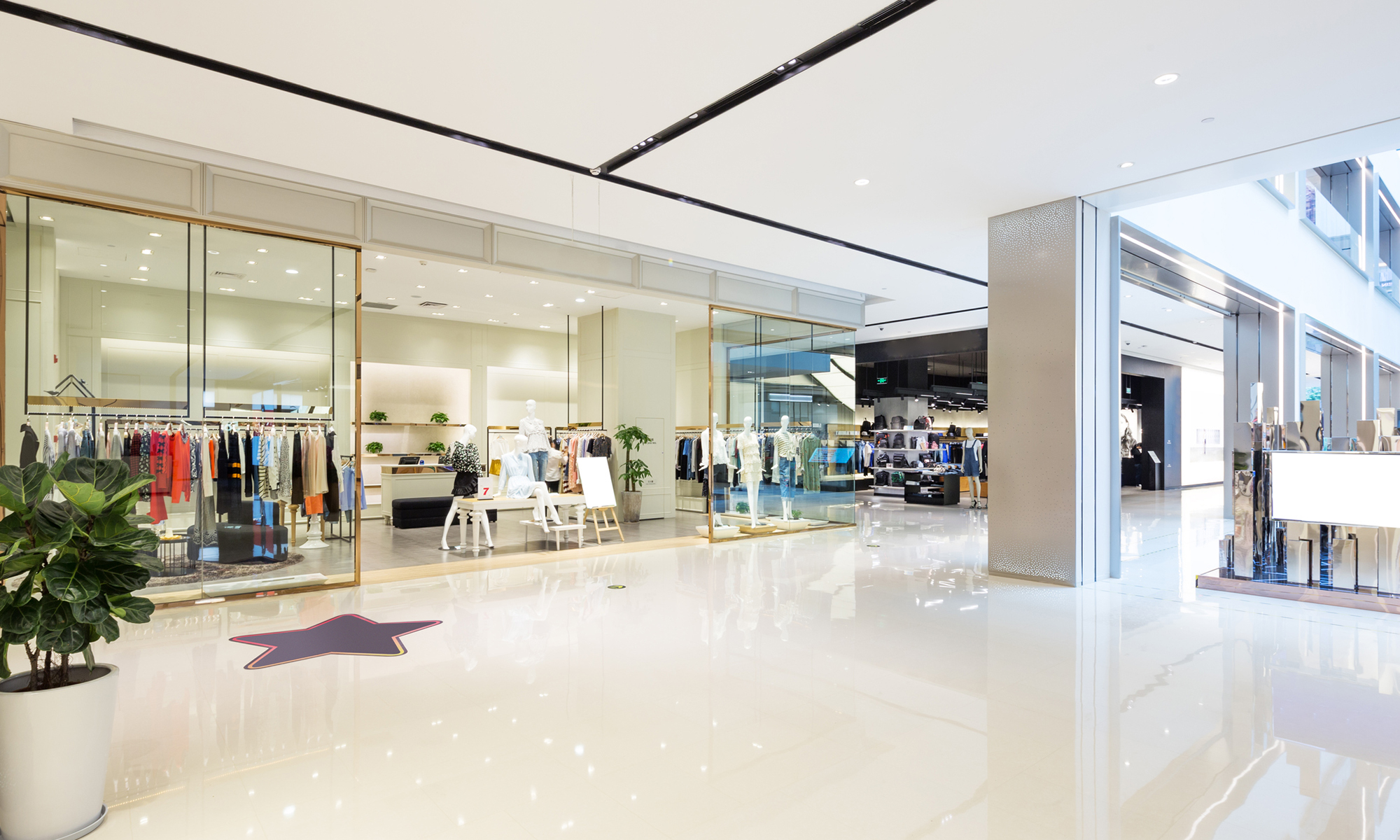By Laura Duane and Alexandra Lane, Law Clerks (admission to bar pending)

The beauty industry has seen substantial growth in recent years and 2019 was no exception. In addition to numerous mergers and acquisitions, there were some major investments in the industry over the past year.
Clean Beauty Buzz
This past year’s investors showed a particular interest in “clean” beauty brands. Brands use the term clean to indicate their products have features such as being organic, nontoxic, natural, vegan, or sustainable, or are produced without certain ingredients. The shift towards clean beauty is another indicator for the increasing importance of Corporate Social Responsibility (CSR) to investments. In the fashion industry and beyond, the focus on CSR has become an important metric in investment decisions, as noted in Christiane Campbell and Nanette Heide’s recent Law.com article, The Impact of Corporate Social Responsibility on Fashion Brands. Campbell and Heide highlighted a 2009 McKinsey study that found “the data show that investment professionals were far more likely than the other groups to say CSR adds significant value to a brand.” “Valuing Corporate Social Responsibility,” McKinsey & Company, February 2009. Now in 2019, Campbell and Heide write, “[i]n the investment world, in particular, CSR is like the 12th man—it is making noise, it heavily influences the game, and it is certainly here to stay.” CSR has become an important factor in investment decisions, as investors look at the environmental, political, and social impact of a brand to determine its value.
Notable clean beauty investments in 2019 include Lawless Beauty, the non-toxic luxury beauty brand, which raised a Series A from growth equity firm Cult Capital (formerly JMK Consumer). Herbivore, a clean skincare brand that raised $15 million from Silas Capital. Silas Capital also invested in Ilia, a natural cosmetics brand. Ursa Major, a natural skincare brand from Vermont, raised $5 Million to fund its next expansion. Experience Capital acquired a majority stake in L:A Bruket, a natural, organic Swedish skincare brand. Belgian holding company Sofina acquired a 45% stake in Groupe Nuxe, the French natural cosmetics group. With these investments, the trend in the beauty industry towards clean beauty looks like it will continue well into 2020.
2019 Beauty Investment VIPs
Also in 2019, the skincare and makeup brand Glossier tripled its valuation with a $100 million Series D with Sequoia Capital. General Atlantic acquired a majority stake in Moreph resulting in a $2.2 billion valuation. Three French family offices invested in skincare brand Biologique Recherche. The haircare brand Aquis also raised $5 million. The German retailer Douglas invested in both premier beauty start-up Welmoa and beauty e-tailer Niche Beauty. Growth equity fund Alliance Consumer Growth and Korean skincare company AmorePacific both made minority investments in Milk Makeup. SC Johnson acquired a majority stake in sunscreen company Coola. Private equity firm Bain Capital acquired a majority stake in beauty brand incubator Maesa.
The beauty industry proved to be popular once again in 2019 – not only with consumers, but with investors, too. Predictions of 2020 beauty trends focus on CSR, including a “fight against misleading information in beauty with demand for full transparency from brands, leading to clearer definitions of what can be considered ‘clean’.” “13 Beauty Trends That Will Dominate in 2020,” Harper’s Bazaar, Jan. 2 2020. As investments develop the industry in 2020, watch for how beauty brands focus not just on their consumers’ appearance, but their own.
